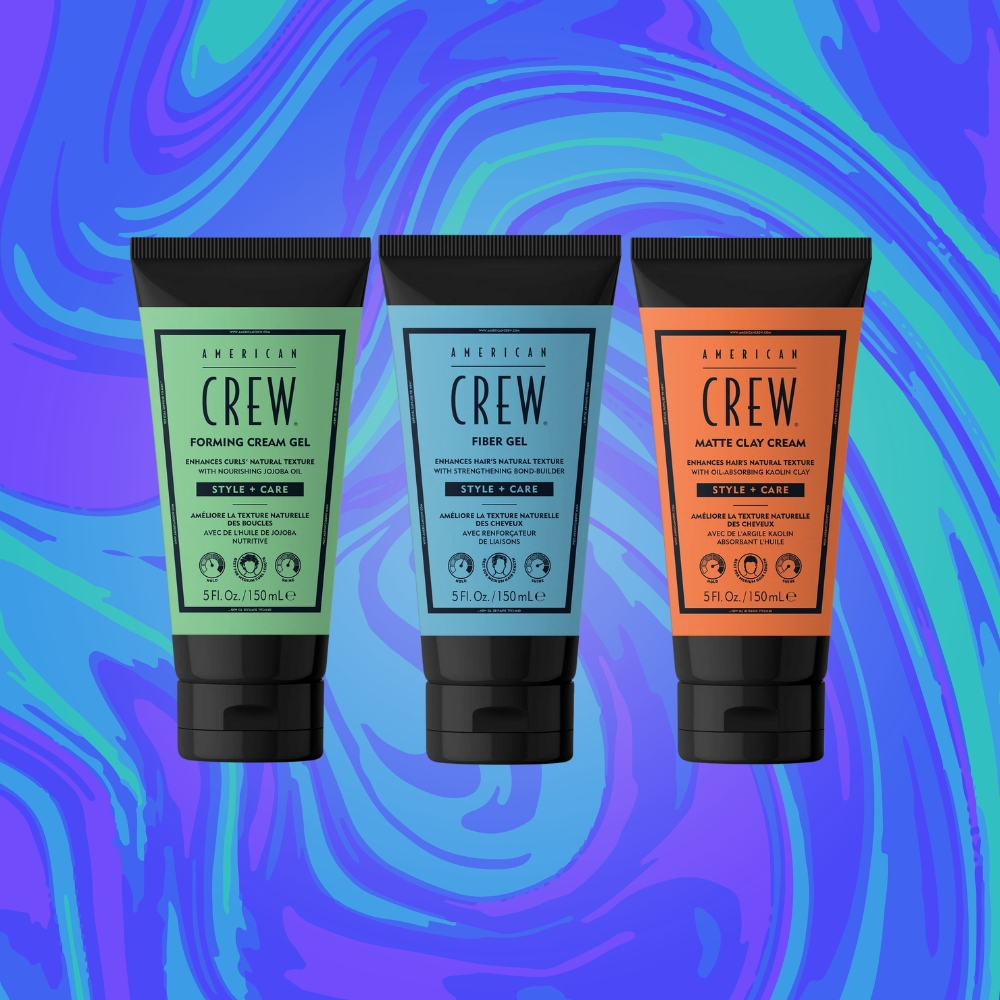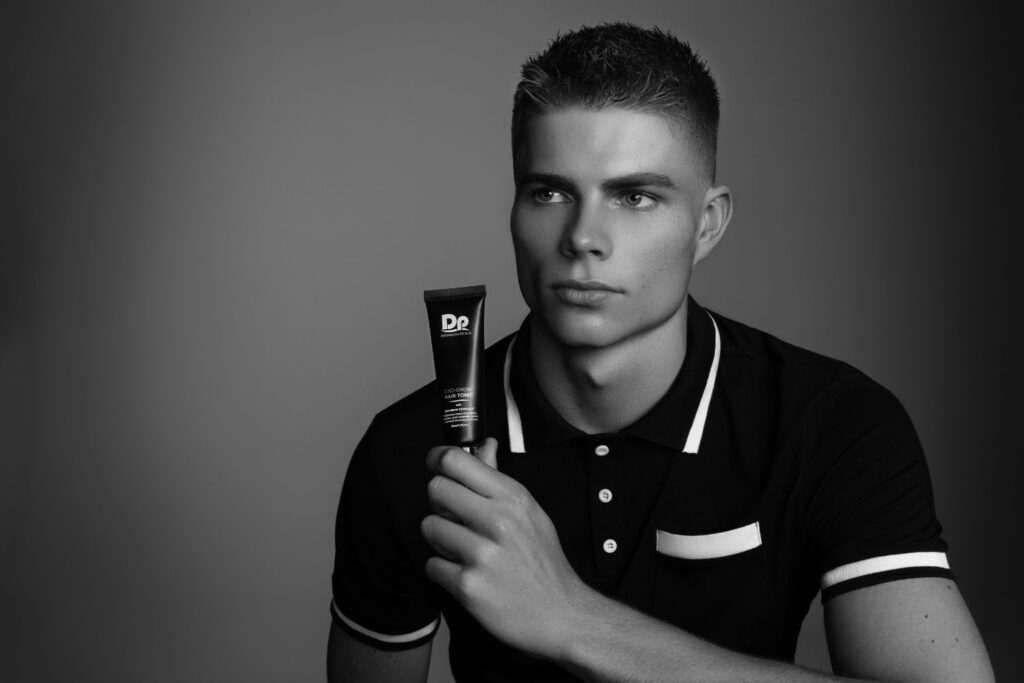IN THE GROOMING world, pheromone perfumes for men have gained a seductive reputation. Promising to make you more attractive with just a spritz, they’re sold as silent wingmen: working on a subconscious level to boost your sex appeal. But is there real science behind these claims, or is it mostly marketing mystique?
Men’s Health asked Théo Belmas, perfumer at Czech fragrance house Pigmentarium, to break down what we really know about male pheromones and their place in modern perfumery.
Do male pheromones boost attraction?
Pheromones are chemical signals that animals release to influence the behaviour of others – most famously, to attract mates. In theory, male pheromones could signal masculinity, fertility, or dominance to potential partners.
But when it comes to humans, the science gets murky. ‘There are olfactive molecules in a perfumer’s palette which can be close by their atomic structure and can therefore be associated with some kind of pheromone-like power,’ says Belmas. ‘But there is no real study which has been made so far to confirm that idea.’
While some lab studies suggest certain compounds (like androstenone) may influence mood or arousal in very controlled settings, no conclusive research proves that pheromones consistently attract people in real-world situations.
What does a male pheromone smell like?
In perfumery, the term ‘pheromone’ often refers to synthetic compounds that mimic naturally occurring molecules thought to influence attraction. These include:
- Androstenone – musky, woody, slightly animalic
- Androstadienone – powdery, musky, sometimes described as sweet
- Copulins – more commonly linked to female pheromones but found in some unisex formulations
These notes can evoke animalic, leathery, or musky accords, often used to create a primal, raw sensuality in men’s fragrances. But not everyone perceives these scents the same way: what smells ‘masculine’ or ‘sexy’ to one person might be off-putting to another.
Does pheromone smell actually work?
Short answer: not reliably – at least, not yet. ‘The overall impact and sensorial/neurological perception skills of human beings on pheromones has not yet been confirmed by true scientific studies within the perfume industry,’ Belmas explains. ‘It’s still a foggy area where neuroscientists and chemists still experiment.’
While the idea is captivating, we’re still far from proving that humans can detect or respond to pheromones in a consistent, predictable way – let alone that these effects can be bottled and sold. Much of the appeal of pheromone colognes may come down to confidence: if you feel attractive, you act more attractive.
Should you try a pheromone perfume?
There’s no harm in giving one a go – just manage your expectations. Whether you’re wearing a synthetic pheromone blend or a classic woody musk, the most important element of any fragrance is how it makes you feel. Attraction isn’t just chemical; it’s also behavioural, emotional, and deeply personal.
This article originally appeared on Men’s Health UK.
Related:















